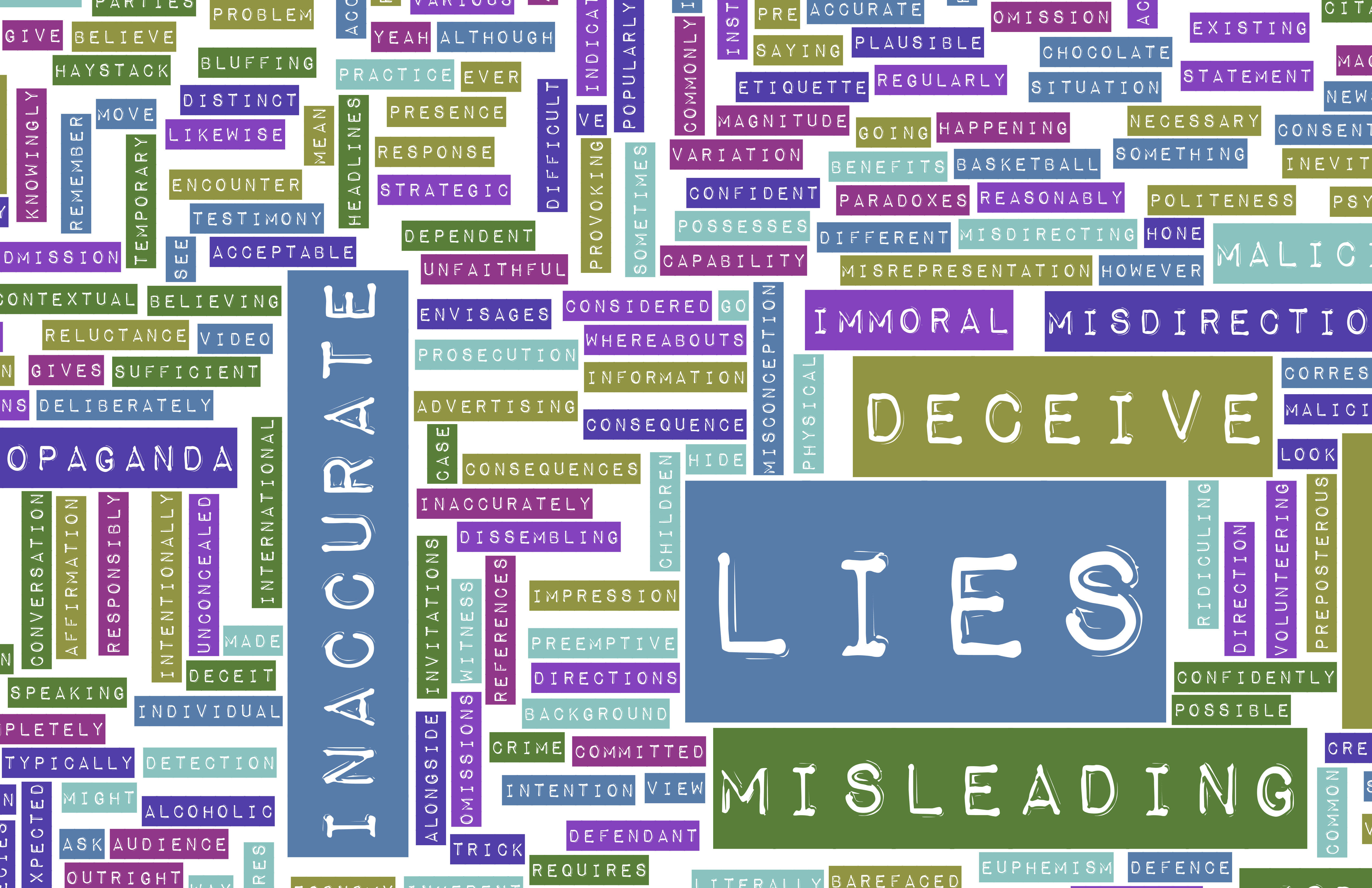Caveat Emptor = Buyer Beware = Watch Out!
Caveat Emptor. Buyer Beware!!!! This is a doctrine that applies to commercial property transactions. Watch out and do your due diligence when entering into a commercial real estate transaction. If you do not, the doctrine of caveat emptor will apply which puts the onus on you, the buyer, to discover material facts relating to the property. In Transcapital Bank v. Shadowbrook at Vero, LLC, 42 Fla.L.Weekly D1657b (Fla. 4th DCA 2017), a bulk buyer purchased 123 out of 164 condominium units for approximately $11 Million. The buyer, thereafter, sued the seller / lender for fraud, among other counts, claiming it was...
Continue reading













